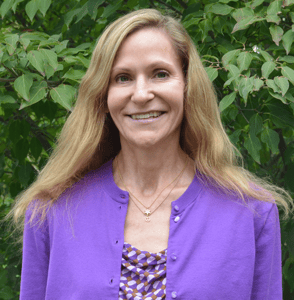 Pomp ☑
Pomp ☑
Circumstance ☑
Family Photos ☑
Diploma ☑
Congratulations! You have a high school graduate in the house, and although there is much to be excited about, the teenage years are far from over.
In fact, many parents are surprised to find that they are still raising a teenager, even if their teen is an adult in the eyes of the law and is ready to take on college, a real job, or whatever “grown-up” experience comes after high school.
In order to survive life with your older teenager, expectations of the parent-child relationship will need to shift. Your ability to control their behavior and choices will become increasingly impossible, yet, take heart that the hard work you have done parenting them in years prior will be reflected in how they live out their adult years.
In order to live comfortably with one another, I suggest you consider treating your older teenager and college student like a wonderful, beloved cousin who is spending some extended time in your home. What follows are six examples of the cousin concept and how they might translate into reasonable expectations.
-
A cousin would never just leave for the night without saying goodbye or leaving a note, and they would call if they decided to spend the night with another friend or relative.
-
You would extend an open invitation for your cousin to join you at all meals, but you would not feel put out or hurt if they went out with friends or family in the area.
-
However, you would not pay for their meals out with friends. Cousins pay for their own entertainment, but are not charged a fee to help themselves when they are at your home.
-
Visiting cousins would not be given regular chores, but they would certainly be expected to clean up after themselves, as well as help with meal preparation and clean up.
-
It is totally appropriate to ask your cousin to do a grocery run, pick up a child who needs transporting, or drop off some dry-cleaning.
-
If your cousin was sleeping late and there was no agenda, you would let them sleep. If there was an activity planned, or you knew they had a dentist appointment, you would wake them up.
I do not believe these adjustments in mindset will fix long-standing communication issues. However, they will make living with your newly minted almost adult a bit less rattling. Furthermore, keep in mind that this is the beginning of your lifelong adult-to-adult relationship with your child.
Yes, they will always be your child, and you will always be their parent, but you will be amazed at the potential for your relationship to develop, especially once their individuation and separation from you is complete. Then you will get to sit back and watch your hard work come to fruition as the adult you raised is grounded in the values you modeled.


